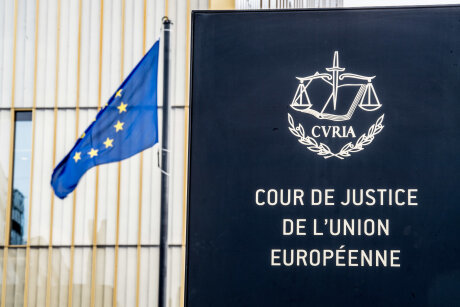EU/Pesticides: "The Commission erred in law by extending the approval of active substances" (EU Court)
On 19/11/2025, the Court of Justice of the EU found the Commission had erred in law by extending the approval of active substances in several cases filed in 2022-2023 by NGOs PAN
Pesticide Action Network
(Pesticide Action Network) Europe, Pollinis, and Aurelia Stiftung.
Between 2022 and 2023, the Commission extended the approval of active substances, including boscalid, dimoxystrobin and glyphosate, for one year. Since then, in November 2023, the Commission extended the approval of glyphosate until 2033. These pesticides, except dimoxystrobin, are still in use today. The three NGOs made separate requests to the Commission to carry out an internal review of those regulations, which have been rejected by the Commission. The request submitted by Pollinis France concerned the extension of the approval period of boscalid, PAN Europe’s request related to dimoxystrobin, while that of Aurelia Stiftung concerned glyphosate. The EU Court, in its judgments, upheld those actions and annulled the rejection decisions.
"The General Court observes that an extension of the approval of an active substance is of a temporary and exceptional nature. It must be adopted in the light of the specific circumstances of the case and may not, therefore, be applied automatically, still less systematically", highlighted the Court.
Indeed, under EU law, the placing of plant protection products on the market requires that the active substance which they contain be approved by the European Commission. That approval is granted in principle for a period not exceeding 10 years, and it may be renewed for a maximum period of 15 years. The Commission may also extend the approval of active substances on a temporary basis, when it appears that the approval is likely to expire before a decision has been taken on renewal.
"This judgement should help to ban dangerous pesticides that are proven to be harmful to health and the environment. It will put an end to the recurrent practice of the pesticide industry to provide incomplete application dossiers that lead to up to 10 years delays in the re-evaluation of pesticides' safety. This strategy keeps toxic substances on the market many years after scientific research has proven their toxicity," declared Hans Muilerman, Senior Chemicals Officer at PAN Europe.
An appeal may be brought before the Court of Justice against the decision of the General Court within two months and ten days following the notification of the decision.

